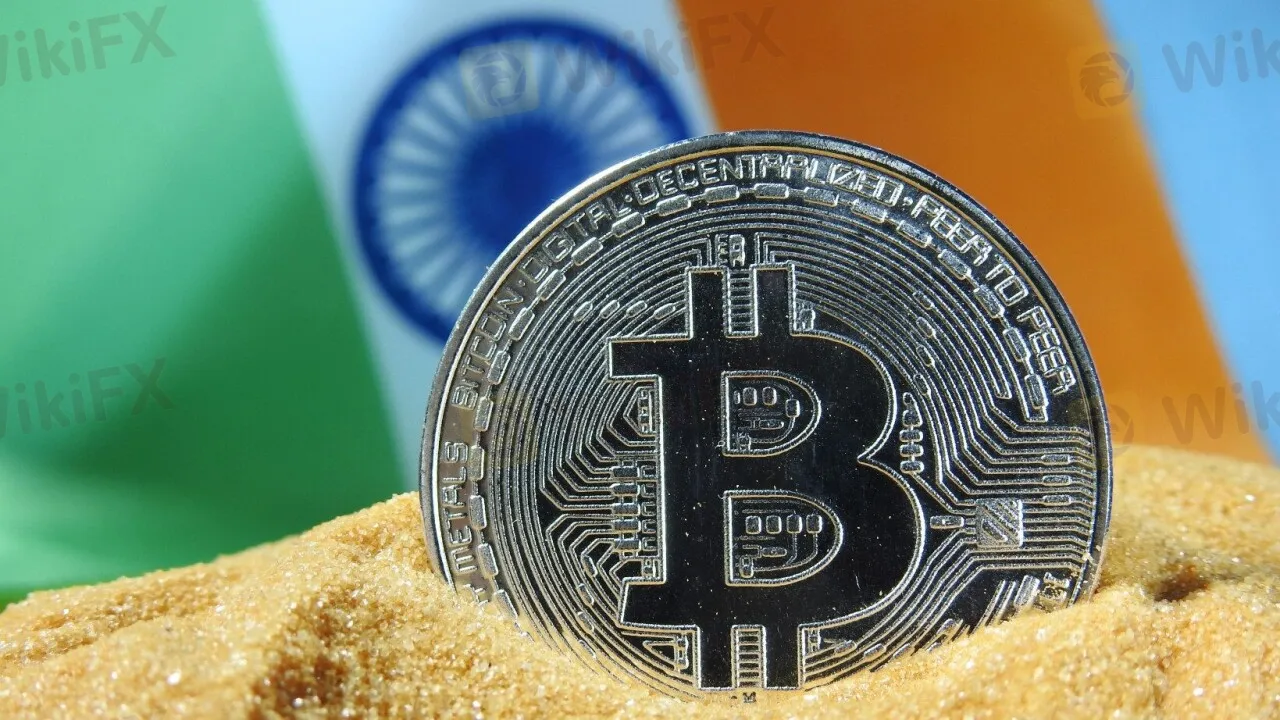简体中文
繁體中文
English
Pусский
日本語
ภาษาไทย
Tiếng Việt
Bahasa Indonesia
Español
हिन्दी
Filippiiniläinen
Français
Deutsch
Português
Türkçe
한국어
العربية
To Regulate or Not Regulate Cryptos?
Abstract:India’s Minister Says There Are No Plans to Recognize Bitcoin as Currency.

On Monday, Nirmala Sitharaman, Indian Finance Minister, said that the government has no proposals of recognizing Bitcoin (BTC) as a currency or legal tender. According to the Times of India, the minister pointed out that the officials also had no plans outlined to collect data on BTC transactions.
A new bill in India is set to ban all private cryptocurrencies in the nation and will be introduced in the upcoming winter session of its Parliament. According to the Times of India, ‘The Cryptocurrency and Regulation of Official Digital Currency Bill 2021’ is among the 26 bills to be introduced in that batch.
The bulletin listing details of the bill is as follows: “To create a facilitative framework for the creation of the official digital currency to be issued by the Reserve Bank of India. The bill also seeks to prohibit all private cryptocurrencies in India. However, it allows for certain exceptions to promote the underlying technology of cryptocurrency and its uses.”
With the announcement, the government was paving the way to create the central bank digital currency (CBDC) mentioned in the bill and expected to be launched at any time in 2022.
To Regulate or Not Regulate Cryptos?
In the last few months, mixed reports have been crossing the wires about the Indian governments stance towards crypto regulation. Some authorities have suggested that digital assets should be banned only as a means of payment. India is a major market for currencies. Many reports even put the country with the highest absolute number of crypto investors.
However, digital currencies are not regulated in India, like any other major country. Though the apex court of the country quashed a ban for banks to work with crypto companies, the government and other authorities in the country are still hostile against cryptocurrencies whose stance seemed to have finally come to a resolution.
Disclaimer:
The views in this article only represent the author's personal views, and do not constitute investment advice on this platform. This platform does not guarantee the accuracy, completeness and timeliness of the information in the article, and will not be liable for any loss caused by the use of or reliance on the information in the article.
Read more

Currency Fluctuations: What It Means When a Country's Currency Rises or Falls
When a country’s currency appreciates or depreciates in value, it reflects the underlying shifts in its economy and global market dynamics. For forex traders, understanding what drives these fluctuations—and how to strategically prepare for them—can make the difference between profit and loss in an ever-volatile market.

Yuan Volatility Surges as US Election Approaches
As US elections near, yuan volatility surges. Traders brace for tariff risks and market swings, preparing for potential economic shifts under Trump or Harris policies.

UAE Approves AED Stablecoin for Digital Transactions
UAE grants approval for AED Stablecoin AE Coin, a regulated Dirham-pegged cryptocurrency, transforming blockchain payments for businesses and individuals in the UAE.

Understanding Currency Strength & Weakness: What It Means for an Economy
Currency movements—whether a currency strengthens or weakens—are critical indicators of a country's economic health and its position in the global market. In this article, we explore what these movements imply, and how they influence a country’s economic landscape.
WikiFX Broker
Latest News
Revolut X Expands Crypto Exchange Across Europe, Targeting Pro Traders
Broker Review: Is Exnova Legit?
Capital.com Shifts to Regional Leadership as CEO Kypros Zoumidou Steps Down
Crypto Scammer Pleads Guilty in $73 Million “Pig Butchering” Fraud
CWG Markets Got FSCA, South Africa Authorisation
Amazon launches Temu and Shein rival with \crazy low\ prices
CySEC Warns Against Unauthorized Investment Firms in Cyprus
Why Even the Highly Educated Fall Victim to Investment Scams?
Warning Against Globalmarketsbull & Cryptclubmarket
FBI Raids Polymarket CEO’s Home Amid 2024 Election Bet Probe
Currency Calculator


